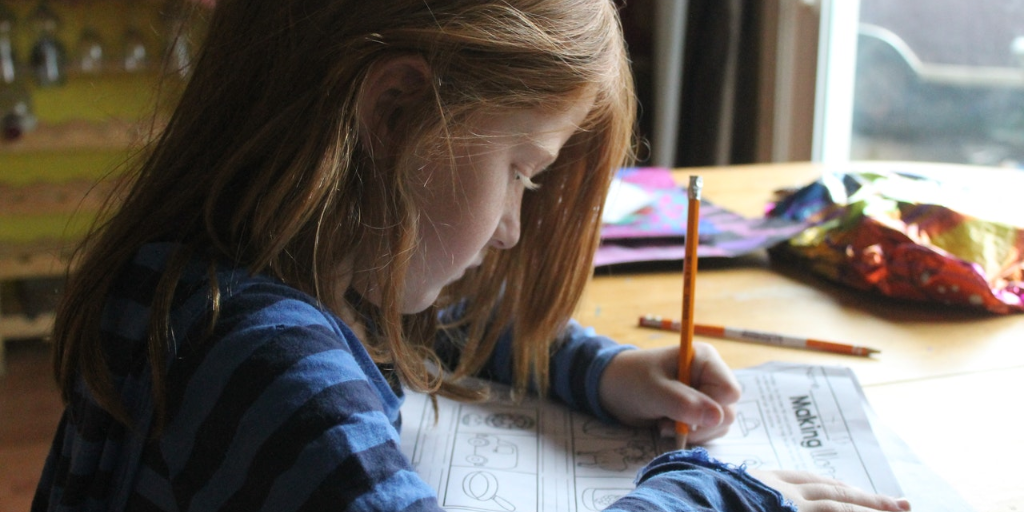Turn in
Today’s expression is a phrasal verb, “turn in.” There are a lot of different ways to use this one, but let’s focus on just one for today. Here’s how you heard it in today’s lesson. If you get a package of mysterious seeds in the mail, you shouldn’t plant them. You shouldn’t even throw them out. You should turn them in to your country’s agriculture department for testing and so they can dispose of them. When you turn something in, in this sense, you are giving something of importance to an authority figure. An authority figure could be the police, it could be your teacher if you’re kid in school, it could be a government agency.
Why should you turn the seeds in to a state agency? It’s a precautionary measure. If you plant them in your garden, you could be introducing an invasive species. If you throw them out, they could still find their way into the local environment���unlikely, but possible. It’s better to turn them in so your local agriculture agency can test them and dispose of them safely.
Turn in is a popular phrase in America’s classrooms. Turn in your homework, teachers say. I assume they still say that! When I was in school, we students sat in rows and rows of seats and the teachers would tell us, turn in your homework. Or, turn in your tests. We would all pass the papers up to the teacher in the front of the room. We gave those over to an authority figure.
When you visit an office building, they might give you a temporary badge that helps you unlock the doors inside. When your business in that building is done, you have to turn it in at the security desk when you leave.
If you find a piece of evidence that might help solve a crime, you can turn that in to police. You either take it to the police department or call them to come get it. You turn the evidence in; you give it to an authority figure.
It’s possible to turn a person in to police; that person might even be you. If you’re accused of a crime, you might voluntarily turn yourself in to police. You might go to the police station yourself, rather than wait for the police to find you. You might remember that sad story of the Panama students. At the time, police had identified just one suspect. But another person turned himself in. This second kid—they were all just kids—turned himself in because he was afraid of yet a third person who was involved in the killings.
Here in the US, if you want to get on the ballot in an election, you need to first gather enough signatures of citizens who support your candidacy. Otherwise, anyone could be on a ballot and it would be chaos. If you want to run for office, you need to collect signatures and turn them in to the local election authority. If you want to be the mayor of Chicago, you need to turn in 12,500 signatures of citizens who support your candidacy. If you want to run for governor of our state, a much bigger area, you need to turn in—are you ready?—five thousand signatures. Right—less than half required for the lower post of mayor of a single city in our state. In the town I grew up in, in Connecticut, if you want to be on the ballot, you need to turn in one hundred signatures of your fellow citizens who support your candidacy.
In golf, even at the highest levels, every individual golfer keeps his or her own scorecard. At the end of the round, any player in a golf tournament must sign the scorecard and turn it in. The have to give the scorecard to the tournament officials—the authority figure in this case—to certify that they have not cheated and that they did in fact earn the score they say.
JR’s song of the week
The Song of the Week is “Up Down Back Around” by The Snaptones. It’s an example of R&B music, “rhythm & blues.” It’s a relatively new song, released in 2015, and is featured in the TV show “Sweet Magnolias.”
By the way, if you were waiting for just one more reason to sign up for a free membership at PlainEnglish.com, I’m here to give you that reason. The dashboard—the special home page for members—now includes the full Spotify playlist of JR’s songs. So right when you login, as a free or Plain English Plus+ member, you can see that playlist. If you’re signed into Spotify, you can play the songs directly. If you’re not signed in, you get a 30 second clip.
Today’s song, “Up Down Back Around” will be added to the playlist and embedded right there on your dashboard for members of all levels at PlainEnglish.com.
See you next time!
That’s all for today. Careful of any unwanted packages in your mailbox. Don’t plant those seeds if you get them. What a crazy story. We’ve reached the end of the audio lesson, but remember, the fun doesn’t have to end now. The remainder of this lesson is available at PlainEnglish.com/287. That would be the video lesson, links to English articles about this topic, pronunciation exercises, listening exercises, and more. The video lesson this week is about how to use “otherwise.” All that and more is waiting for you at PlainEnglish.com/287.
If you’re not yet a member, you can join once you get to PlainEnglish.com. Pick your membership level—one of them is free—and start to enjoy even more of your favorite English lessons online, all at PlainEnglish.com.
Learn more expressions like this



